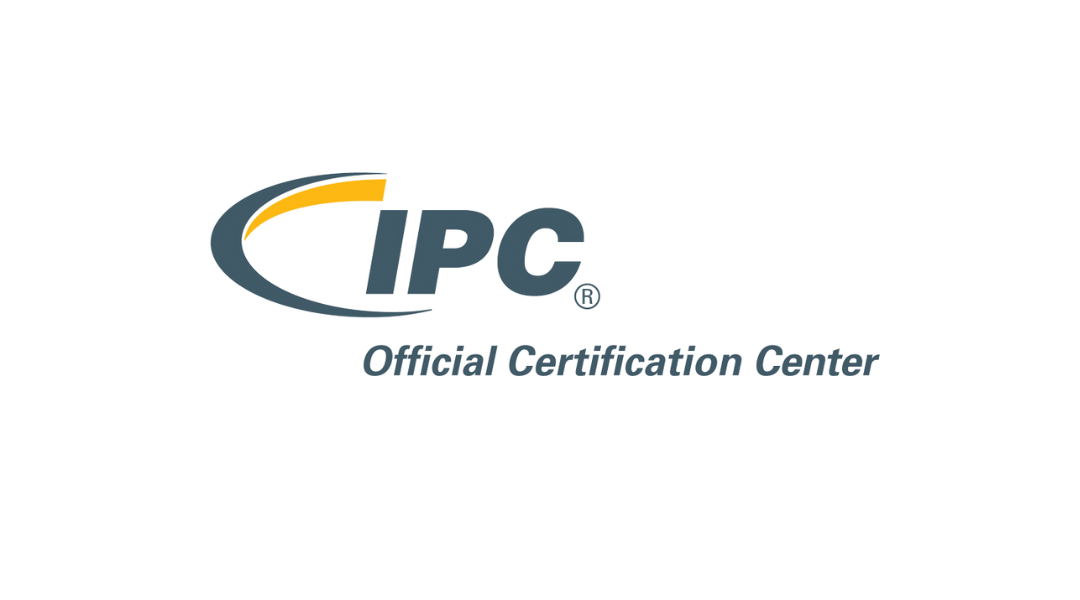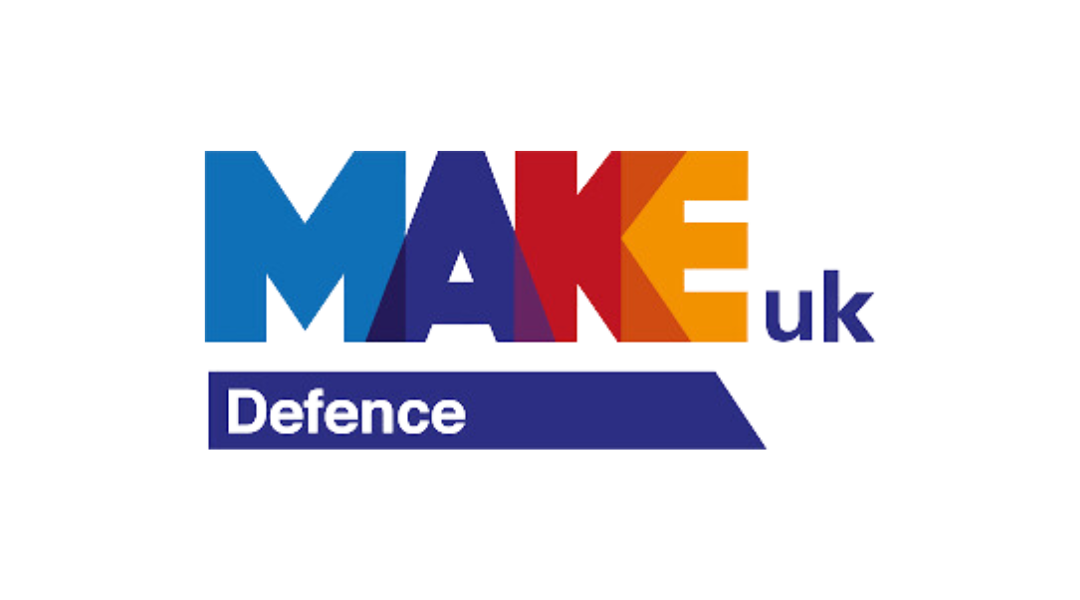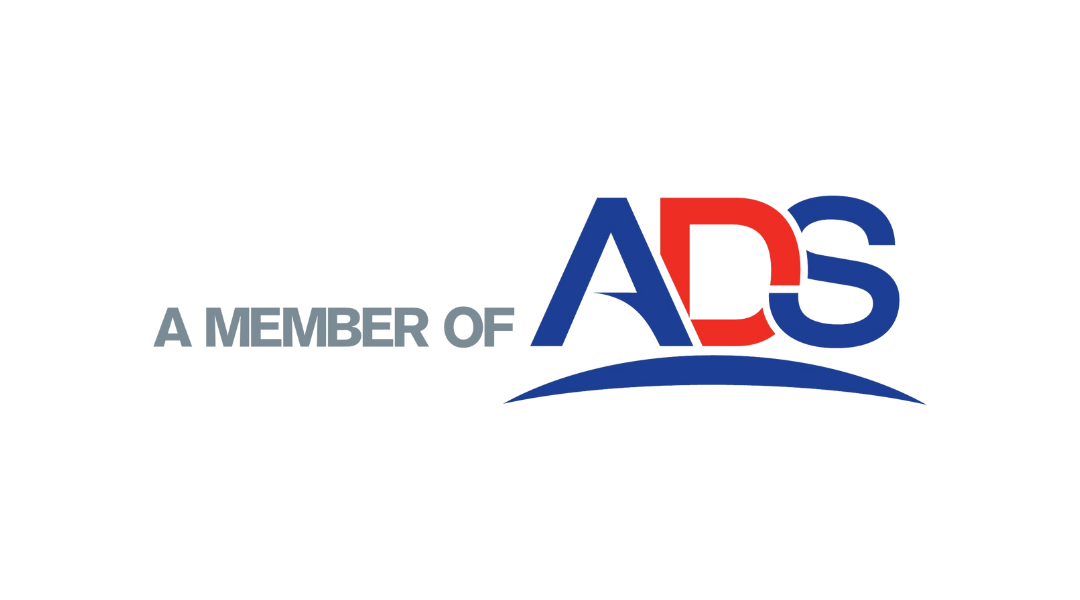IPC A-600 Training Course and Certification
Acceptability of Printed Boards
IPC A-600 Training Course and Certification Acceptability of Printed Boards
Acceptability of Printed Boards
The IPC-A-600 is a widely recognised industry standard that establishes comprehensive criteria for evaluating the visual acceptance of bare rigid and flexible printed circuit boards (PCBs).
This critical standard serves as the benchmark for quality assessment throughout the electronics manufacturing supply chain, ensuring that PCBs meet stringent requirements for reliability and performance in their intended applications.
The course thoroughly defines the three distinct classes of electronic assemblies (Class 1, 2, and 3) and then details the specific requirements and acceptance criteria for each class. This standardisation creates a common language between manufacturers and customers, eliminating ambiguity in quality expectations and streamlining communication throughout the supply chain.
For printed boards in the aerospace, defence and motorsport industries, the requirement for high performance and high reliability is the highest it can be. This theory-based course will help you understand what to look for and what is or is not acceptable on your printed boards, enabling consistent quality decisions that reduce rejection rates and rework costs.

What does it cover?
The IPC-A-600 course explores a variety of printed board elements. Cleanliness testing includes methods and standards for evaluating board cleanliness, residues, and contamination that could impact reliability and performance in different operating environments.
Externally observable characteristics are covered, such as assessment of surface imperfections, conductor definition, hole quality, annular rings, solder mask registration, markings, and dimensional properties
Other requirements include evaluation of board flatness, measling, crazing, delamination, weave exposure, copper wrap, and various plating conditions that affect PCB performance
- Cleanliness testing
- Externally observable characteristics
- Internally observable characteristics
- Other requirements
Cleanliness Testing
Externally Observable Characteristics
Internally Observable Characteristics
Other Requirements
IPC-A-600 Training: Who is it for?
The IPC-A-600 standard is aimed at those who are responsible for quality and reliability of bare rigid and flexible printed circuit boards so they can ensure products meet the highest quality standards. This certification is particularly valuable for organisations that:
- Manufacture or purchase printed circuit boards
- Need to establish clear quality expectations with suppliers
- Require consistent quality evaluation across inspection teams
- Work in high-reliability sectors like aerospace, defence, medical, or automotive
- Want to reduce costs associated with PCB rejection and rework
Job roles that should consider this training are Supplier Quality Engineers, Assembly Technicians and Quality Inspectors.
What is included?
Training can be delivered on-site at your business or at our dedicated training centre so you can upskill your team in the most cost-effective way for your business.
If you choose to have group training delivered on-site at your business you will need to provide a suitable dedicated learning environment, relevant equipment and presentation tech.
If you choose to book a course at our official IPC Certification centre in the Midlands, all the highest quality equipment is provided.
Certificates will be provided on successful completion.
Download Course Overview
Acceptability of Printed Boards
The IPC-A-600 is a widely recognised industry standard that establishes comprehensive criteria for evaluating the visual acceptance of bare rigid and flexible printed circuit boards (PCBs).
This critical standard serves as the benchmark for quality assessment throughout the electronics manufacturing supply chain, ensuring that PCBs meet stringent requirements for reliability and performance in their intended applications.
The course thoroughly defines the three distinct classes of electronic assemblies (Class 1, 2, and 3) and then details the specific requirements and acceptance criteria for each class. This standardisation creates a common language between manufacturers and customers, eliminating ambiguity in quality expectations and streamlining communication throughout the supply chain.
For printed boards in the aerospace, defence and motorsport industries, the requirement for high performance and high reliability is the highest it can be. This theory-based course will help you understand what to look for and what is or is not acceptable on your printed boards, enabling consistent quality decisions that reduce rejection rates and rework costs.

What does it cover?
The IPC-A-600 course explores a variety of printed board elements. Cleanliness testing includes methods and standards for evaluating board cleanliness, residues, and contamination that could impact reliability and performance in different operating environments.
Externally observable characteristics are covered, such as assessment of surface imperfections, conductor definition, hole quality, annular rings, solder mask registration, markings, and dimensional properties
Other requirements include evaluation of board flatness, measling, crazing, delamination, weave exposure, copper wrap, and various plating conditions that affect PCB performance
- Cleanliness testing
- Externally observable characteristics
- Internally observable characteristics
- Other requirements
Cleanliness Testing
Externally Observable Characteristics
Internally Observable Characteristics
Other Requirements
Internally Observable Characteristics
Other Requirements
IPC-A-600 Training: Who is it for?
The IPC-A-600 standard is aimed at those who are responsible for quality and reliability of bare rigid and flexible printed circuit boards so they can ensure products meet the highest quality standards. This certification is particularly valuable for organisations that:
- Manufacture or purchase printed circuit boards
- Need to establish clear quality expectations with suppliers
- Require consistent quality evaluation across inspection teams
- Work in high-reliability sectors like aerospace, defence, medical, or automotive
- Want to reduce costs associated with PCB rejection and rework
Job roles that should consider this training are Supplier Quality Engineers, Assembly Technicians and Quality Inspectors.
What is included?
Training can be delivered on-site at your business or at our dedicated training centre so you can upskill your team in the most cost-effective way for your business.
If you choose to have group training delivered on-site at your business you will need to provide a suitable dedicated learning environment, relevant equipment and presentation tech.
If you choose to book a course at our official IPC Certification centre in the Midlands, all the highest quality equipment is provided.
Certificates will be provided on successful completion.




